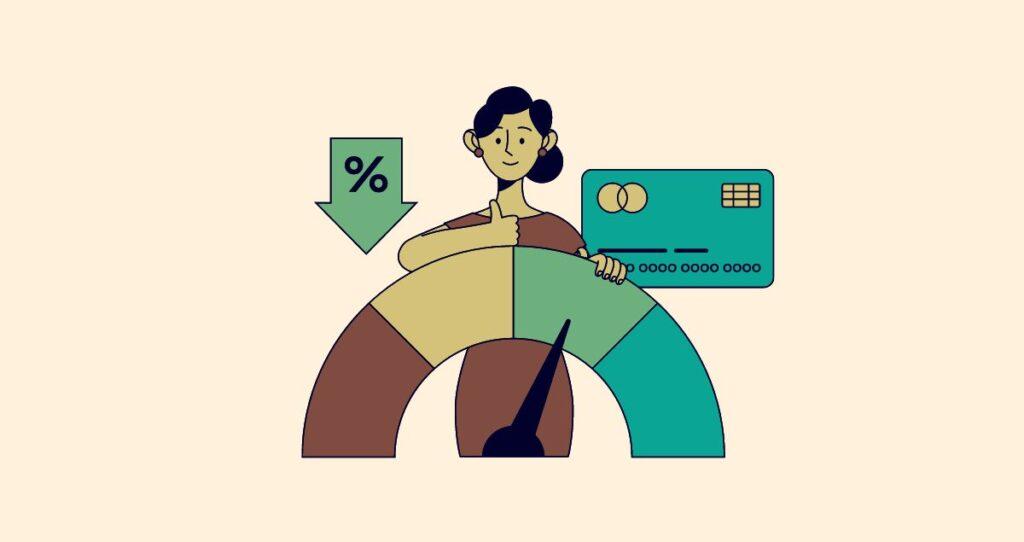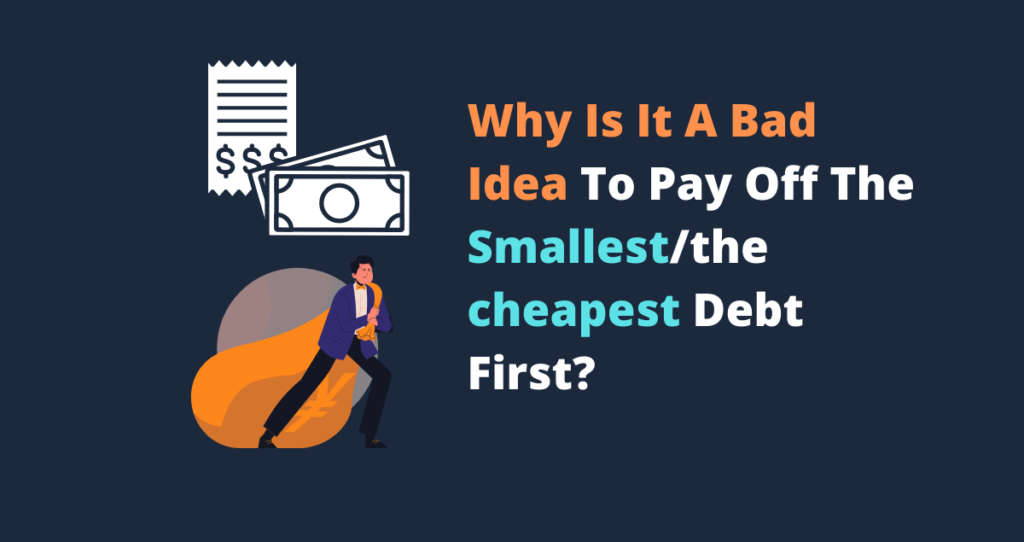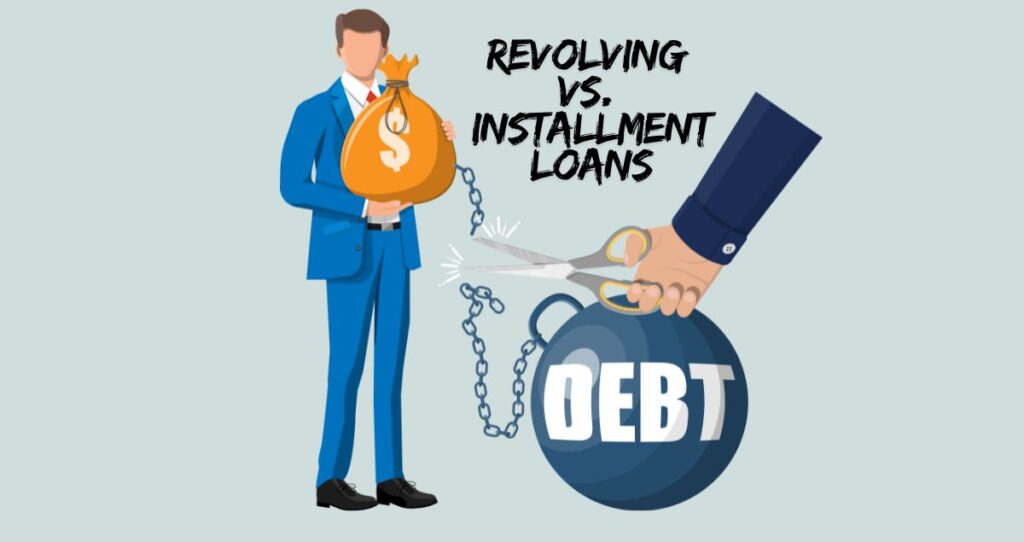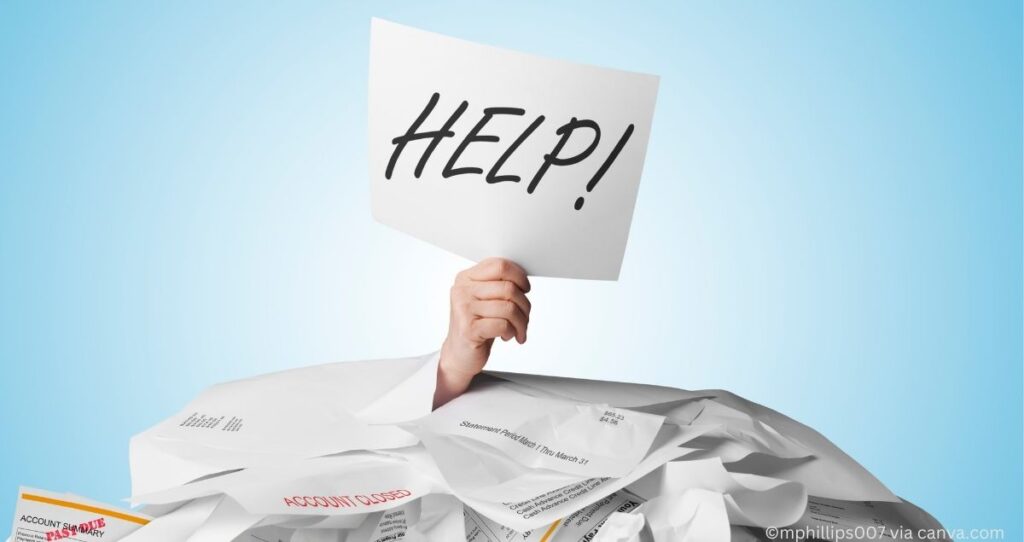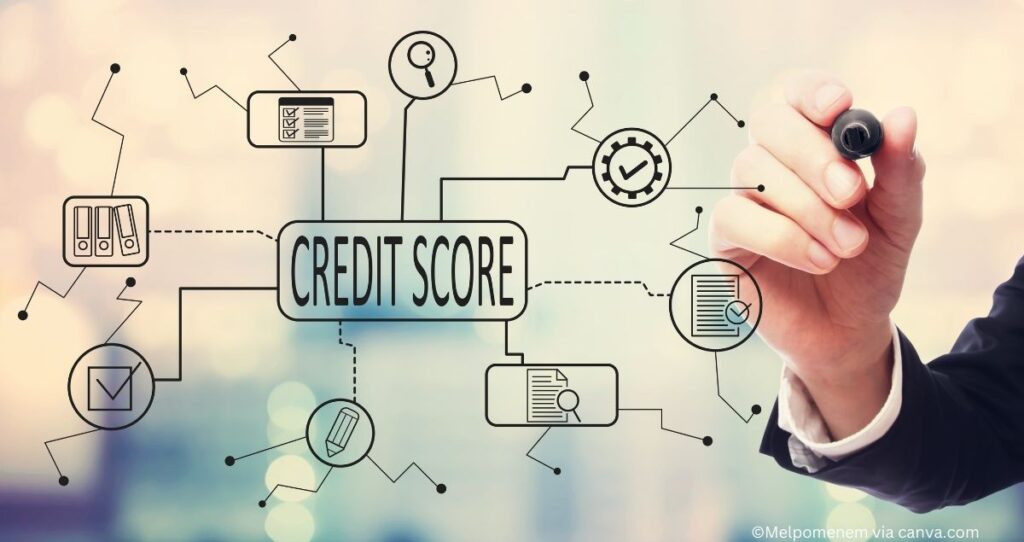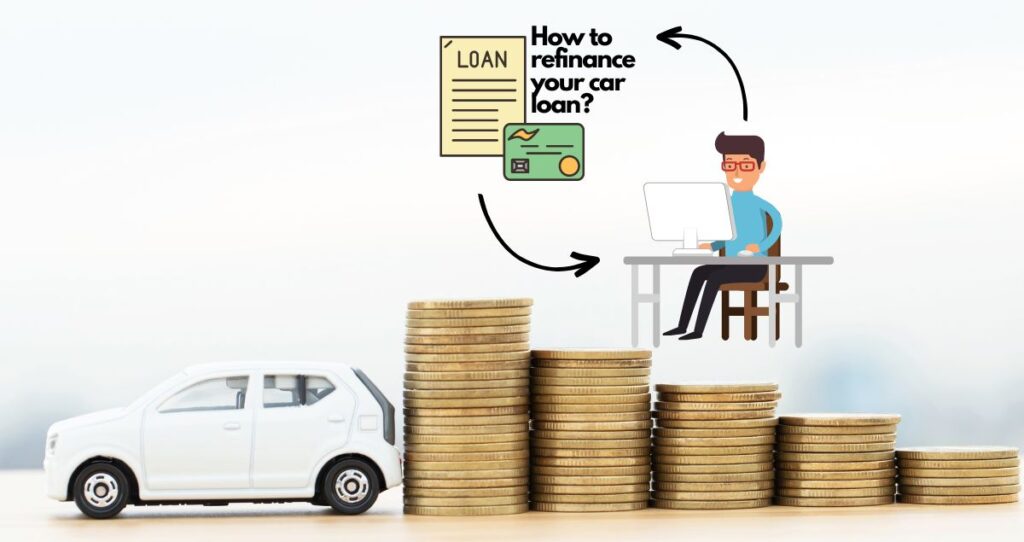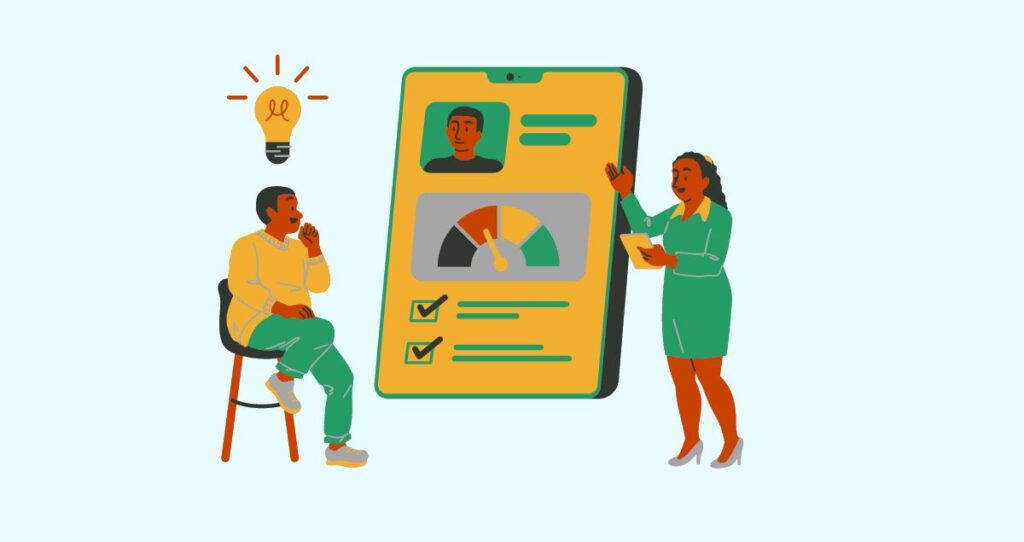The timeline for improving credit after paying off debt depends on several factors. These factors include how long it takes for your creditors to report the debt as paid off to the credit bureaus(Equifax, TransUnion, and Experian) and the remaining debts on your credit report. The types of debts you paid off, your credit score prior to paying off your debt, and your initiatives to rebuild your credit after paying off your debt will also impact the time it takes you to improve your credit. Generally speaking, it may take anywhere from a few weeks to several months to see a noticeable improvement in your credit score after paying off debt.
It is equally important to acknowledge other factors that will impact your credit recovery. These factors include negative items on your credit reports such as foreclosure, late payments, bankruptcies, etc.
Some of the strategies you can rely on when rebuilding your credit after paying off debt include but are not limited to:
- Paying your bills on time,
- Cleaning up your credit reports,
- Becoming an authorized user of a credit card account,
- Keeping your eyes on your credit utilization,
- Keeping your credit cards open, and
- Do not apply for too many credit accounts such as credit cards.
If you are interested in knowing how long it takes to improve your credit after paying off your debt and how to rebuild your credit, keep reading.
How fast does your credit score go up after paying off debt?
If you recently paid off your debt, it will take close to a month usually 30 to 45 days to see changes in your credit score. This is because it takes time for your lenders to submit your account activities to major credit bureaus and get that information on your credit reports. So, the sooner your creditors and lenders submit your payment activities to three major credit reporting agencies, the sooner your credit score will improve.
Paying off your debt could drop your credit score in short term. This happens when the debt you paid off affected factors on your credit score. For example, paying off a revolving credit such as a credit card will not affect your credit mix as long as you keep the account open. But, paying off installment loans such as a car loan might affect your credit mix which could lower your credit score in short term.
How long after you pay off debt does your credit improve?
There are many factors to consider when estimating how long after paying off debt your credit improves. The nature of the debt you paid off and the remaining accounts on your credit reports will affect your credit report. In addition, negative items on your credit reports such as late payments, hard inquiries, foreclosure, defaults, charge-offs, collections, bankruptcies, etc., will also affect how long it takes to improve your credit after paying off your debt.
This article will walk you through the detail of how long it takes to build your credit after paying off your debt.
How long does it take to build credit after paying off your debt?
The short answer, it takes many months even years to build credit after paying off your debt. The long answer, I will go through the details of it. The first thing to consider is the type of debt you just paid off and its impact on your credit. There are two types of credit accounts: Revolving credit and non-revolving credit accounts.
So, let’s analyze the difference between these two types of debts and how paying off each one of them will impact your credit and the timeline for improving your credit.
1. Revolving credit
Revolving credit is any form of credit that gets renewed and remain available even after paying off your balance in full. That is your line of credit gets renewed every month and can be increased over time as long as your account is active and open.
A good example of revolving credit is credit cards. Each credit card comes with a credit limit which is the maximum amount you are allowed to spend on your card. As you use your credit card and pay it off, your line of credit stays open and can be renewed indefinitely.
How does paying off revolving credit such as credit card debt affects how long it takes to improve your credit?
When you pay off a revolving credit balance such as a credit card balance, your credit utilization rate goes lower. Credit utilization is one of the biggest factors in your credit score calculations and it affects 30% of your FICO score and 20% of your Vantage score. So, by paying off your credit card balance, you automatically lower your credit utilization and boost your credit score. This is because a lower credit utilization shows that you are not relying on debt to finance your lifestyle which makes you a less risky borrower.
What makes revolving credit great is that your accounts stay open even after paying off your balances in full. In other words, paying off revolving credit debt does not impact your credit mix. Credit mix is another factor in your credit score calculations. The mixture of your credit accounts for 10% of your FICO score and 21%(credit mix and age of your credit) of your VantageScore.
So, paying off your credit card debt automatically boosts your credit utilization and increases your credit score. In addition, revolving credit accounts stay open after paying off your debts which does not affect your credit mix. Your credit score should improve once your payments are reported to major bureaus which takes 30 to 45 days.
What will happen if you close your credit card after paying off your credit card debt?
Even if credit cards are revolving credit, it could have a different impact on your credit score when you choose to cancel your credit card account. It is important to keep your credit card open even if there is no balance on the card.
This is because your credit card comes with a credit limit which helps you lower your credit utilization by keeping your credit limit high. That is even if you are not using your credit card, the credit limit on that card is still contributing to your credit score. Closing your credit card will get rid of its credit limit which could increase your credit utilization on remaining credit cards. Hence, lowering your credit score.
Closing your credit card after paying off your debt can also impact your credit mix. Again, this could weaken your credit mix and lower your credit score.
For these reasons, it is important to keep your credit card open even if you have zero balance on them. If you don’t want to use the card, put a small recurring bill on the card and pay it off every month. This will keep your account open and prevent your credit card issuer from closing it due to inactivity.
So, how long after paying off credit card debt does your credit improve?
Assuming that you just paid off your credit card debt, it will take anywhere between 30 to 45 days to see a major increase in your credit score. It will take some time for your creditors to report your payment to major credit bureaus and be reflected on your credit reports. Once that information is reflected on your credit reports, your credit score will go up.
Always remember that your credit score is calculated based on the information reported on your credit reports. So, the sooner your lenders report a low balance on your revolving credit, the sooner your credit score will improve.
2. Installment credit/loans
Now, let’s see what installment debts are and how long after paying off installment debts will your credit improve.
What is an installment loan?
An installment loan is any loan where you have a fixed amount of money you need to pay over time. That is you have a fixed number of monthly payments known as installments and how much each payment will be. As you pay off your loan, your loan balance goes lower. Good examples of installment loans include car loans, mortgages, and student loans.
What happens to your credit after paying off a revolving credit loan?
It is important to note that your credit score might go lower after paying off your debt. If paying off your debt affected factors that contribute to your credit score calculation.
Earlier, we have seen that paying off your revolving credit might yield a positive result on your credit score due to improved credit utilization and less impact on your credit mix.
Paying off your installment debt, however, might yield different results. In most cases, paying off your installment debt will lower your score in short term. This is because when your debt is paid, your revolving account will be closed. That is your car loan account won’t be open after paying off your car. The same applies to mortgages and similar loans.
In this case, when you pay off your installment credit, you might directly affect your credit mix. Unless you have another form of installment loan, your credit mix will be weakened which will lower your credit score.
The good news is that paying off your debt will have a long-term positive impact on your credit score. That is by paying off your debt, you automatically improve your debt-to-income (DTI) ratio which improves your credit profile. Carrying less debt makes you a less risky borrower which improves your credit score.
So, how long after paying off installment debt does your credit improve?
First of all, we need to consider the impact of that installment debt on your credit. Having an installment debt contributes to your credit mix. If you have multiple installment debts such as car loans and mortgages, paying off one of them will not weaken your credit mix that much. As a result, your credit score will not be affected that much once one of your installment loans is paid off.
Less impact on your credit score means that your credit will quickly recover after paying off debt. But, if your debt played an important role in your credit mix and you paid it off, then your credit score will drop. For this reason, your score will first drop before you can recover it. The more points you lose on your credit score, the harder and longer it will take to improve your score after paying off your debt.
In short, once your debt is paid off, it will take some time for your lender to report that information to credit bureaus. Your credit reports will then be updated. If paying off your debt affected your credit mix, your credit score will drop. This means it will take many months to recover those points and rebuild your credit.
3. Negative items on your credit reports will affect how long it takes to improve your credit after paying off your debt
Negative items on your credit reports also affect how long it takes for your credit to improve after paying off your debt. What are the negative items on your credit reports?
A negative item is any bad information that shows that you had a hard time with credit accounts in the past. Maybe you did not pay your bills on time, you failed to fulfill your account terms, or simply gave up. The following list contains some of the common negative items on your credit reports.
- Late payments. Usually, your lender will report your payment as a late payment after it is 30 days past due. The late payment stays on your credit reports for 7 years and can lower your credit score by as much as 180 points. It will take a long time to improve your credit after paying off your debt when there is a late payment on your credit reports.
- Delinquent account. Any accounts that appear on your credit report after 30 days past due will stay on your credit report for 7 years. According to Experian, the more date your account is in delinquency, the more it will affect your credit score. Again, having delinquent on your credit reports will make it hard to rebuild your credit score after paying off your debt.
- Collections and charge-offs. After missing many payments, your lender will write your account as a charge-off. A charge-off means that the lender has decided that the amount you owe will not be collected which makes it a loss. At this point, your lender can decide to either sell your debt to a debt buyer or send your account to a collection agency. Collection and charged-off accounts will stay on your credit reports for 7 years.
- Bankruptcies. Bankruptcies will stay on your credit report for 7 to 10 years depending on the type of bankruptcy you filed. In addition, bankruptcy can lower your credit score between 130 to 240 according to Debt.org. The higher your credit score is, the greater the damage from bankruptcy. Having such a negative item on your credit report will make it extremely difficult to rebuild your credit. In addition, it can take many months even years to recover from bankruptcy and repair your credit.
- Foreclosures. Foreclosure happens when you fail to pay off your loan and the lender legally takes the properly. For example, if you default on your mortgage, the bank will foreclose on your home and sell it in an auction. A foreclosure stays on your credit report for 7 years and lowers your credit score by as much as 160 points according to Consumer Education Services.
- Short sales. Short sales happen when you cannot afford your mortgage payments and the lender allows you to sell the property for less than you owe. This information will show up on your credit reports as “not paid as agreed” and will stay on your credit reports for 7 years.
- Deed-in-lieu of foreclosures. A deed-in-lieu foreclosure happens when you voluntarily turn over the property to your lender to avoid foreclosure. According to Rocket Mortgage, a deed-in-lieu of foreclosure stays on your credit report for 4 years.
- Hard inquiry. A hard inquiry appears on your credit report when you are applying for a loan and a lender checks your credit report. Each hard inquiry lowers your credit score by 5 to 6 points and stays on your credit reports for 24 months. However, hard inquiries do not affect your credit score after 12 months.
How long after paying off debt does your credit improve when you have negative items on your credit report?
As we have seen above, there is a ton of negative items that can appear on your credit reports. Each item will affect your credit score differently. For example, bankruptcy can knock more than 200 points off your credit score and stays on your credit reports for up to 10 years. Now, imagine how long it will take to regain more than 200 points on your credit score.
But, some negative items have less impact on your credit. For example, a hard inquiry stays on your credit report for 2 years and does not affect your score after 12 months. You also lose about 5 to 6 points on average. These points can also be recovered in a few months. So, it is easy to recover 6 points from a hard inquiry than it is for 200 points from a bankruptcy.
No matter the negative items, you should expect it to take many years for your credit score to improve when you have negative items on your credit reports. In addition, these negative items will continue to weigh down your credit score for many years. But, their effect will fade away over time.
If you just paid off your debt but have negative items on your credit reports, expect it to take many months or years for your credit score to improve.
4. Your credit score before paying off your debt
How long after paying off your debt will your credit improve? The answer to this question will also depend on the credit score you had before paying off your debt. For example, if you have a bad credit score without negative items on the card, your credit score will gain a huge boost after paying off your loan.
For example, if your credit score is bad only due to having a lot of credit utilization, you will gain a lot of points when after paying off your credit card balance.
But, if you had an excellent credit score and all of the sudden filed for bankruptcy, your score will tank the most. As a result, it will take a lot longer to improve your credit due to having such a negative item on your credit reports. Also, if you had a bad credit score and only paid off one of your revolving credits, it might still take longer to improve your score. This is because paying off that one debt will have less impact on your existing credit account activities.
How to improve your credit after paying off your debt?
If you are in a position where you need to improve your credit after paying off your debt, try the following credit-building tips.
- Focus on your payment history. The biggest factor in your credit score is your payment history. Both FICO and VantageScore credit scoring models apply more weight to your payment history. Your payment history affects 35% of your FICO score and 40% of your Vantage score. For this reason, paying your bills on time puts you on a fast track to rebuilding your credit after paying off your debts.
- Become an authorized user of a credit card. The fastest and most effective way to boost your credit score is to become an authorized user of a credit card account. All you have to do is to be added to the credit card account of someone with a good credit score and an established credit history. This will directly improve your credit score as you will benefit from their account activities.
- Clean up your credit reports. Cleaning up your credit report is another fast way to improve your credit score. This process requires you to get a copy of your credit report and dispute any errors, inaccuracies, and fraudulent activities in them. You can also have removable negative items removed from your credit reports. Hence, boosting your credit score once your credit reports are updated.
- Lower your credit utilization on your credit cards. Credit utilization is a major factor in your credit score. With 30% of your FICO score and 20% of your vantage score, your utilization is not a factor to play with. If you have a higher utilization rate and can manage to bring it to under 6%, your credit score will jump when that low balance is reported on your credit reports.
- Do not apply for many credit accounts to avoid hard inquiries. Every time you apply for credit and the lender views your credit profile, a hard inquiry appears on your credit report. Each hard inquiry lowers your credit score by 5 to 6 points. To avoid tanking your score much further, do not apply for many credit accounts when you are trying to rebuild your credit.
- Do not close a credit account. In case you have a credit card you are not using, do not close it. Closing an account could weaken your credit mix which will lower your credit score.
What debt to pay off first to improve your credit score?
Even if you have multiple loans on your credit reports, some of your loans will impact your finances and credit score more than others. Usually, revolving credit comes with a much higher interest rate and a direct impact on your credit score compared to installment loans. For example, the average APR on a new car is at 4.07% and 8.67% for used cars, according to Motor1.com. On the other hand, the average APR on a new credit card is 20.4%, according to Forbes. So, having credit card debt will put a big stain on your credit and finances than a car loan.
By comparing these two different APRs, you can clearly see that paying off your credit card debt will save you more money and keep your finances intact.
In addition, paying off your credit cards will directly impact your credit score faster and better than your car loan. This is because paying off your credit card debt will directly improve your credit utilization which is the second factor on your credit score. Also, paying off your revolving credit has a direct impact on your score since the account stays open which does not affect your credit mix.
For example, if you have multiple loans and multiple credit cards, a paid-off car loan, for example, might not have a major impact on improving your credit score. Matter of fact, you might end up lowering your score when your installment loan is paid off as it can affect your credit mix.
For these reasons, always pay off your revolving credit debt first such as credit cards to improve your credit score.
The bottom line
To recap, paying off your debts can have a positive and lasting impact on your credit score. It not only clears your name, but it also shows lenders that you are a financially responsible person. Paying off debt can improve your credit score to the extent that it might even unlock access to better loan terms and lower interest rates. This is particularly relevant for anyone planning a major purchase, such as a car or a house.
The bottom line is that when it comes to improving your credit score, paying off debt is key. Taking control of your debt is an incredibly empowering first step toward financial security. It might take several months even years to improve your credit after paying off debt. Several factors will affect how long it takes to improve your credit. These factors include but are not limited to negative items on your credit reports, the type of loan you paid off, and your commitment to building your credit after paying off your debt.
